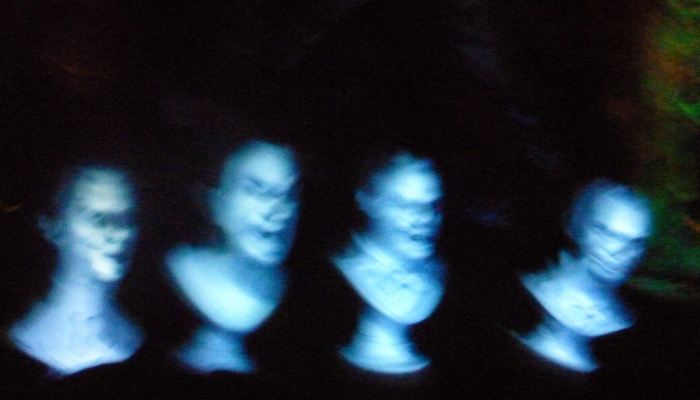
The name Ty Warner may be familiar to anyone who grew up in the 90s, as it's the name that graced the tag of every Beanie Baby they ever snuggled with (or placed on their shelf to gather value). It may also be familiar to anyone who was alive in 2014, when he pled guilty to stashing over $100 million in a Swiss Bank account, though (as expected), he spent zero time in jail.
At his trial, Warner’s lawyer insisted that he is a completely self-made man, but that’s not exactly the full story. Warner secured a job as a salesman at the toy seller Dakin through his father, who also worked there at the time. Warner was a natural salesman (it probably helped that he studied drama in college), making six figures in his first year. He reportedly drove a Rolls Royce to all of his sales calls, sporting a fur coat and top hat, while carrying a cane. “I figured if I was eccentric looking in Indiana, people would think, What is he selling? Let’s look in his case,” Warner told People Magazine correspondent Joni Blackman in 1996. “Then it was easy to sell.”
Warner cultivated a mysterious persona that made people want to know more about him–those who worked with him said it was born of his overinflated ego, but it seemed to work.
Warner’s career at Dakin came to an unceremonious end when he started selling his own toys to customers. For this, he was immediately fired. In response, he jetted off to Italy for a few years, where, fatefully, he saw a plush toy cat that piqued his interest. He decided he wanted to make his own toy cat–a lifelike one.
Warner came back to the states and launched Ty Inc. in 1986, thanks to a generous bequest from his father, who had passed away three years prior. He started making toy cats that, due to being stuffed with PVC pellets, looked exceedingly lifelike. When he carried the toy under his arm in public, people thought he had a real cat. In 1993, he released the first set of nine beanie babies. He priced them at $5 a piece, seemingly a play on the “why not, it’s so cheap” mentality.
The lifelike quality of the toys was Warner’s first stroke of genius. The second was creating deliberate scarcity (he was, after all, a salesman) by selling each type of animal for a short period of time, usually only about six months. Additionally, Warner would only allow each store to have 36 of each animal, creating a frenzy around snagging the last one at your neighborhood toy shop. The rise of eBay created a second market for the toys, where $5 Beanie Babies were suddenly pulling in five figures. In 1997, eBay sold over $500 million worth of Beanie Babies, accounting for 6% of their total sales. People even started creating counterfeits.
The deliberate scarcity tactics combined with the collectible nature of the toy made Beanie Babies even more desirable. By now they were less of a toy for kids and more of a collector’s item for adults. By 1998, Ty Inc brought in $1.4 billion. And how did Ty celebrate? By creating a limited edition Beanie Baby for his employees, of course. A USA Weekend poll estimated that at least 64% of Americans had at least one Beanie Baby in their house.
By 1999, Warner made the Forbes 400, and his net worth was estimated to be $5 billion. But the market for his toys was waning, as new crazes like Furbies and Pokemon captured kids’ attention. So he decided to pull one last stunt and tease the retirement of the entire Beanie Baby collection on Millennium Eve. But this time, the public was skeptical, and the move didn’t inflate values on the secondary market. As sales declined by more than 90% in the early 2000s, Warner was forced to infuse the company with his own cash.
Leon Schlossberg, who is determined to open the first Beanie Baby museum with his daughter Sandra, speculates that it wasn’t Beanie Babies themselves that lost popularity, but the traders who lost mojo. “The speculative craze just bottomed out and crashed,” Schlossberg told Business Insider. “We’ve coined a new phrase: it’s the rise and fall of the Beanie Gamblers.”
Although Beanie Babies have begun to recede into the collective memory of America, there are still some schoolchildren who are receiving the toys as thoughtful gifts–the Chicago schools that Ty Warner has been mandated to assist as part of his court-mandated community service. Once a brilliant salesman, Ty Warner is now forever enshrined in business and pop-culture history.







